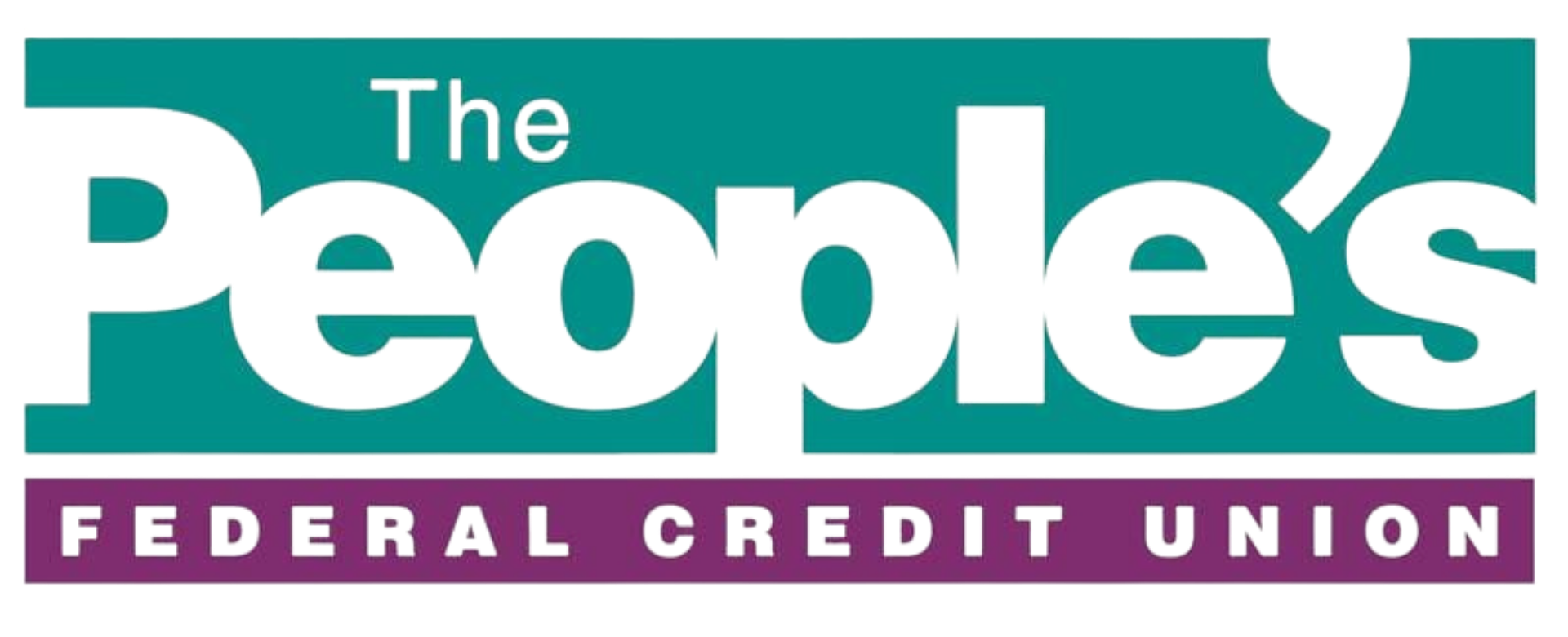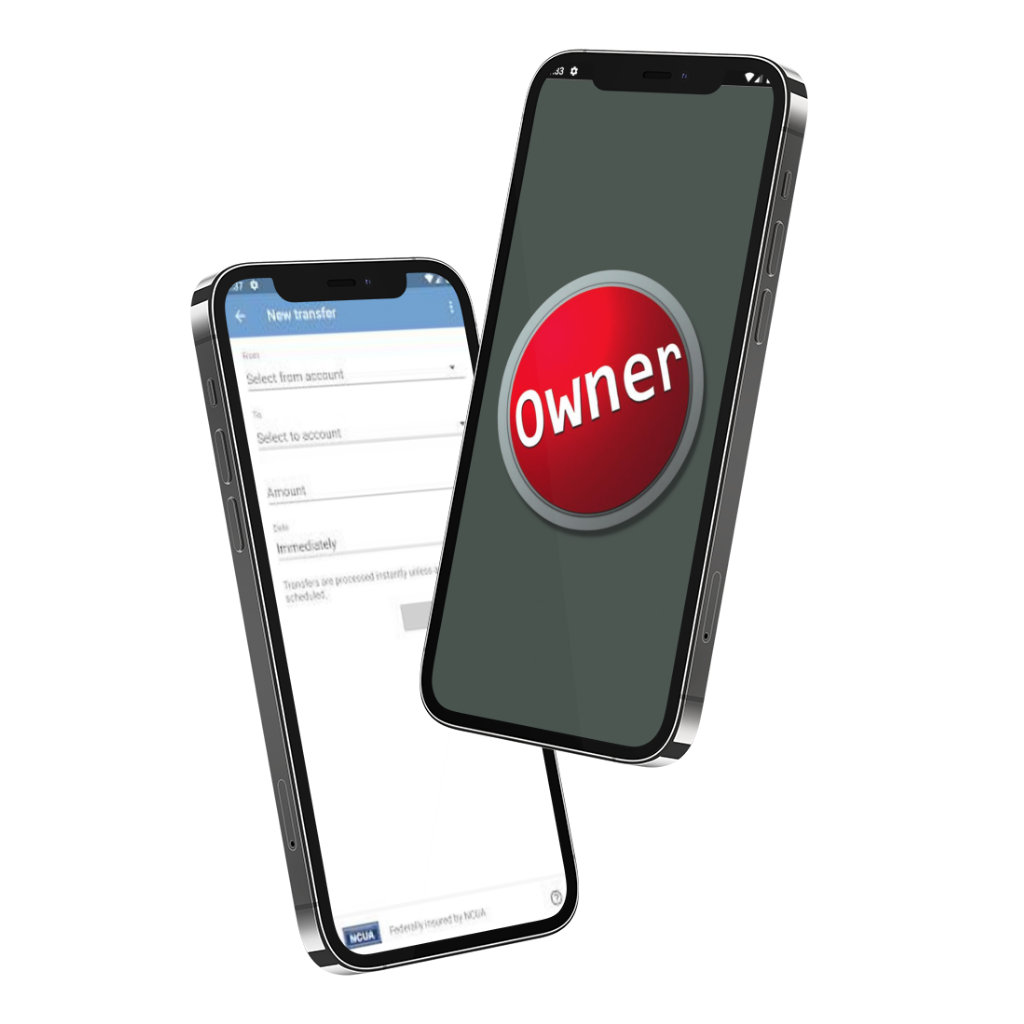A home equity loan allows homeowners to tap into the value of their property to access funds. Whether you’re looking to renovate your home, pay off debt, or cover major expenses, understanding how a home equity loan works can help you make informed decisions.
What Is a Home Equity Loan?
A home equity loan allows homeowners to use their homes as collateral and borrow against their equity. Equity is the difference between the current market value of their homes and what they owe on their mortgages. This type of loan provides access to a single lump sum of money that can be used for various purposes, such as home improvements or debt consolidation.
How Does a Home Equity Loan Work?
You use the equity in your home as collateral to qualify for a secured loan. Home equity loan rates vary based on credit score and history but have a fixed interest rate. You make regular monthly payments, including principal and interest, over a set term. You can usually borrow up to 80% of your home equity’s value. For example, if you have $200,000 in equity, you could qualify for a home equity loan of up to $160,000.
Is a Home Equity Loan the Same as a HELOC?
With a home equity loan, you receive the entire loan amount upfront as a lump sum. Unlike a home equity line of credit (HELOC), which allows you to draw funds as needed, a home equity loan requires you to borrow the desired amount at the start of the loan term. This makes it a good option for those who need to finance a large project or make a major purchase.
Who Can Benefit the Most From a Home Equity Loan?
This type of loan is ideal for those looking to finance large projects, such as home renovations, or for consolidating high-interest debt like credit card balances. It’s also useful for covering unexpected expenses, such as medical bills, at lower interest rates than most personal loans and credit cards.
Other Things to Know About Home Equity Loans

When considering a home equity loan, there are a few additional factors to keep in mind:
- Paying Closing Costs: Like a mortgage, a home equity loan often comes with closing costs, which may include fees for appraisals, application processing, and legal documents. These costs can range from 2% to 5% of the loan amount, so it’s important to budget accordingly.
- Tax Deductible Interest: In some cases, the interest paid on a home equity loan may be tax deductible, especially if the funds are used to improve your home. Be sure to consult with a tax advisor to understand how the loan might impact your taxes.
Apply for a Home Equity Loan at Our Texas Credit Union Today
Ready to take advantage of your home’s equity? Apply for a home equity loan in Texas today at The People’s Federal Credit Union. Let us help you turn your home’s value into a resource for your financial goals.








